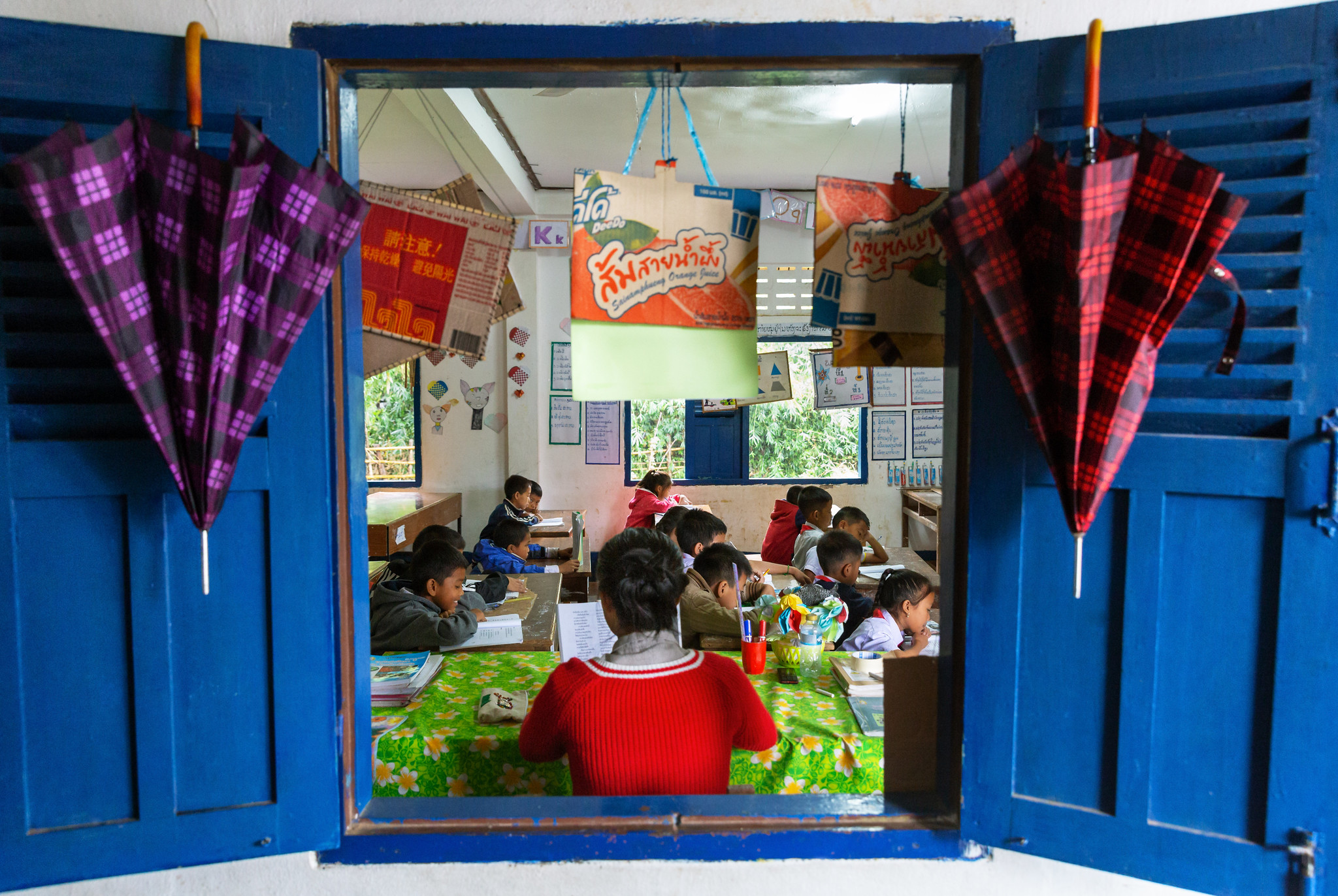
In the context of its extension until 2027, the Global Partnership for Education (GPE) Knowledge and Innovation Exchange (KIX), a joint endeavour with Canada’s International Development Research Centre (IDRC), is offering costed extensions to a selection of current applied research projects. Following a competitive process, the Using data for improving education equity and inclusion project is one of those selected.
Background
With 20% of school-aged children not attending school and hundreds of millions of children not achieving minimum reading and mathematics proficiency levels in low- and middle-income countries (LMICs), focusing on the most disadvantaged children should be a priority. Existing household surveys shed light on the gender, language, poverty, disability and/or location differences that hinder children’s ability to attend school and meet necessary learning outcomes. Continuing to collect and use this data and translate it into meaningful education policies and programs is crucial.
This project strengthens the use of data from UNICEF’s Multiple Indicator Cluster Survey (MICS), to analyze the education sector and encourages policymakers to leverage the resulting knowledge to create policies that target disadvantaged children. It responds to a lack of data analysis in the education sector and technical capacity within ministries of education to use data.
Results to date
Having been scaled to over 20 countries in the past 3 years, the MICS-EAGLE initiative has already shown impressive gains in knowledge and understanding of children’s barriers to achieving better learning outcomes. Careful examination of Togo’s data, for one, has shown disproportionately high rates of dropout and out-of-school children at the upper-secondary level for those belonging to the poorest wealth quintile. This led to a government-issued decree to abolish school fees for poor families in the subsequent school year, displaying data-supported evidence in action. In Kiribati and Ghana, by co-creating research during the COVID-19 pandemic, MICS-EAGLE supported the Ministry of Education (MoE) in identifying the most appropriate tools for remote learning. The project is also impacting MICS itself, influencing the development of new tools and improvements to existing tools with the participation of local MoEs.
Upcoming Plans
The project’s success has also led to the discovery of the untapped potential that would come from linking household survey data to administrative data, such as that collected by education management information systems (EMIS). The project extension will allow for a trialled linking of the MICS-EAGLE and EMIS data (MICS-LINK), which will create a dataset that can be leveraged for more powerful analysis and yield clearer insights. Instead of implementing a new, costly survey that can capture current gaps in data, drawing from administrative data can bring school, community and household characteristics into one analytical framework. The extension will allow for the establishment of comprehensive data systems and focused training for MoEs in 3 additional GPE partner countries: Fiji, Eswatini and Vanuatu.
Further details on the project and updates can be found here.
